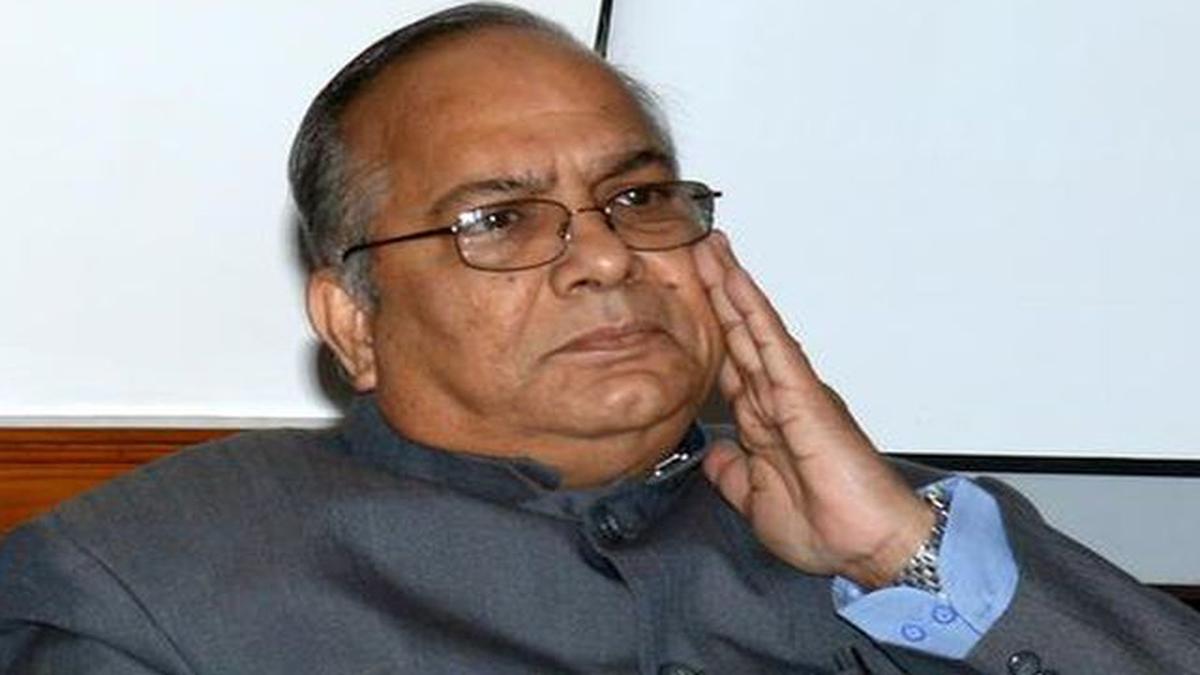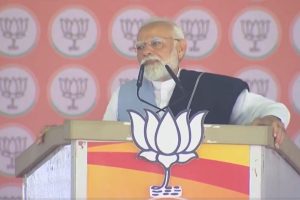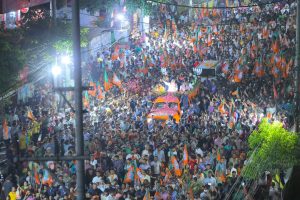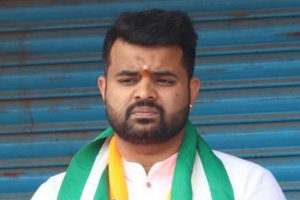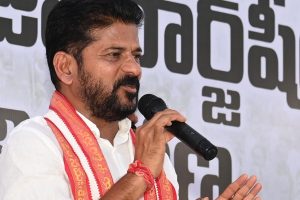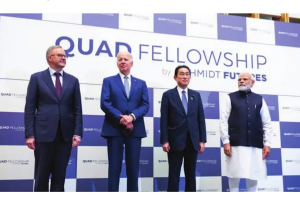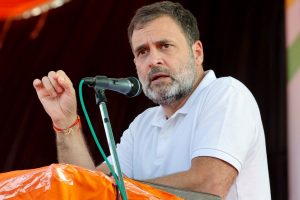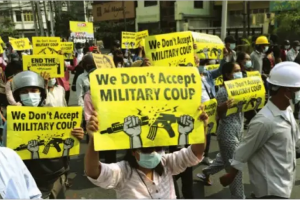Justice Anang Kumar Patnaik, known for his bold judgments retired from the Supreme Court in 2014. He was the former Chief Justice of Chhattisgarh High Court and Madhya Pradesh High Court. He was also in the Orissa High Court. He headed the Central Vigilance Commission that conducted the inquiry in 2018 on former CBI Director Alok Verma. Justice A K Patnaik shared his views in an exclusive interview with Chandrani Banerjee touching upon various topics such as the transfers of judges to CJI not being part of the panel to elect Chief Election Commissioner (CEC) and Vigilance Commissioner (VC) among other things.
Q: What do you think about the removal of the Chief Justice of India (CJI) from the panel that was meant to elect the Chief Election Commissioner?
A: Removal is not the right word. He will not be part of the panel any longer. The order in March clearly stated that this arrangement was meant till the time Parliament does not enact a law. This arrangement was interim and a permanent solution was needed. (The questions were in reference to the bill tabled in the monsoon session by the Law Minister Arjun Ram Meghwal the Chief Election Commissioner and other Election Commissioners (Appointment, Conditions of Service and Term of Office) Bill, 2023, in the Rajya Sabha. The Supreme Court delivered this judgement in March in the absence of a law to regulate the appointments of Chief Election Commissioners).
Q: So, Are you convinced that this will ensure a transparent selection of Chief Election Commissioner (CEC), Election Commissioners (ECs) and Vigilance Commissioners (VCs)?
A: The provisions should be to ensure the selection of a politically independent EC and the CJI should stay out so as to avoid any controversy coming on to his position. I feel that the Chief Justice of India (CJI) is above board. There should not be any controversy in this regard. The words – removal, excluded is not correct and should be used in the right spirit. These decisions should be left to the political class. Before March, there was a selection procedure and that was followed. Till the Supreme Court ruling came into effect the Chief Election Commissioner’s name was recommended by the government and approved by the President. Now the leader of the opposition (LoP) will be there so that both the ruling and opposition can express their views on the appointment. I do not think that there will be a gap if there is complete representation from both sides.
Q: Supreme Court transferred Gujarat High Court Judge Justice Hemant Prachchhak to Patna High Court for better administration of justice? Your views?
A: This must be resorted to, to ensure the independence of the judiciary.
Q: Would you agree that the transfer of judges is not always disciplinary and it is an organisational requirement?
A: Every organisation works on a certain set of rules. Rules are meant to be followed. They have not been made to be broken. If there is no system or rules in any organisation will it function in a result-oriented manner? We have a certain internal system and that is for everyone to follow. If someone takes the liberty to do something otherwise such as bending these rules then there will be measures that would have to be taken to straighten the system.
Q: So the recent transfers by the Supreme Court are part of the organizational procedure?
A: I would say the transfer of judges is part of the set process, there is nothing unusual.
Q: There are very many cases of judges breaking the set norms including those involved in matters of corruption. What is the mechanism to keep checks and balances on the judges of the Supreme Court and High Court?
A: There is a proper internal system of checks and balances in place for the Supreme Court and High Court judges. It is not that they are above the law. They are constantly under scrutiny. They are being monitored. So it is not that they are not questionable. The internal system is constantly on it.
Q: So the internal system of checks and balances is enough to monitor the judges?
A: Internal system is good enough. However, every system requires overhauling. The internal system was set up years ago. Things have changed. The new concepts are in place. Technology has turned the world upside down. Now the virtual hearing takes place without the bags full of papers. So the system should be upgraded as per the need and certainly deserves a relook. The relook is not always criticism but it is a healthy practice to save the system. It helps to keep the good of the system intact while adding new advantages making it relevant in the current context. And that helps it to run smoothly.
Q: A parliamentary panel recommended that the sitting judges should declare their assets. Your views?
A: This is not new. I was an insider. I stayed in the system and I know this recommendation is okay. Again, there is an internal system that asks the judges to declare their assets in detail. However, I do not see anything wrong with the recommendation. It is okay if the judges have to declare their assets.
Q: What measures should be taken to speed up the justice delivery system in the country?
A: Things are moving at a good pace. The virtual courts are already happening. And the people handling the system are highly capable and visionary. So there should be more revolutionary things that we would witness. The digitization of courts is a big step towards speeding up the justice delivery system.

